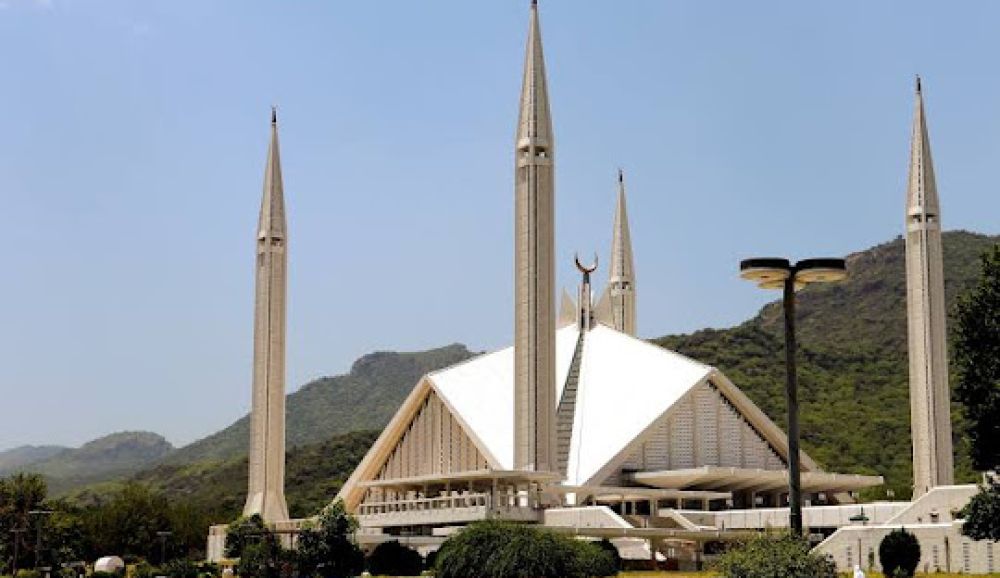

The capital city of Pakistan, Islamabad, was built during the 1960s to replace Karachi as the country's capital. The city's master plan was designed by the Greek architect Constantinos Apostolou Doxiadis. Its symmetrical layout, modern infrastructure, and beautiful surroundings have since made it an attractive destination for both local and international tourists.
The decision to construct Islamabad was made in 1958, and its development led to the emergence of tourism in the area. Within a few years, monuments such as the National Monument and the Faisal Mosque, which is now one of the largest mosques in the world, were established. These iconic structures played a significant role in the city's early tourism appeals, drawing visitors interested in architecture, culture, and the unique vision of the modern metropolis of Pakistan.
From its inception, Islamabad was envisioned as a clean, calm, and green city, with sectors and zones designated for diplomatic enclaves, residential areas, commercial areas, and green spaces. The Shakarparian Hills and the Rawal Lake became early spots of natural beauty that attracted tourists. The establishment of the Islamabad Zoo, the Pakistan Museum of Natural History, and the Lok Virsa Museum further added cultural and recreational destinations that boosted tourism in the 1970s and 1980s.
In recent years, Islamabad has seen rapid advancements with the development of new shopping malls, luxury hotels, and gourmet restaurants, catering to international standards and preferences. The city's infrastructure has been enhanced, with improved roads and public transport facilities, including the metro bus system. These developments have not only provided ease for tourists but have also enhanced Islamabad's reputation as a modern and accessible city.
The latest tourism trends in Islamabad revolve around eco-tourism and cultural experiences. The city has been focusing on sustainable tourism practices, promoting greenery and protecting its natural parks like the Margalla Hills National Park, known for hiking trails and wildlife. Cultural festivals and traditional bazaars are becoming increasingly popular as they offer glimpses into Pakistan’s rich heritage and traditions.
Eco-tourism has emerged as a significant trend, with initiatives to protect Islamabad's environment while promoting tourism activities that appreciate and preserve nature. The city has emphasized eco-friendly hotels and encourages visitors to engage in activities such as bird watching, hiking, and exploring the natural landscapes.
Digitalization has also been a trendy aspect in the tourism industry of Islamabad. With the introduction of online tourist guides, virtual tours, and e-services for booking accommodations and transportation, the city has adapted to the technological era, simplifying travel planning for tourists from around the world.
Cultural tourism continues to flourish in Islamabad. The city celebrates numerous festivals, such as the Islamabad Literature Festival and various art exhibitions, which reflect the city's evolving cultural scene. These events provide tourists with the opportunity to experience Pakistan's diverse literary and artistic heritage, drawing cultural enthusiasts globally.
As Islamabad moves forward, it continues to develop as a prime destination that balances modernity with tradition. Efforts to preserve its history, combined with its push towards catering to global tourism standards, create a compelling, dynamic, and inviting atmosphere for travelers worldwide.